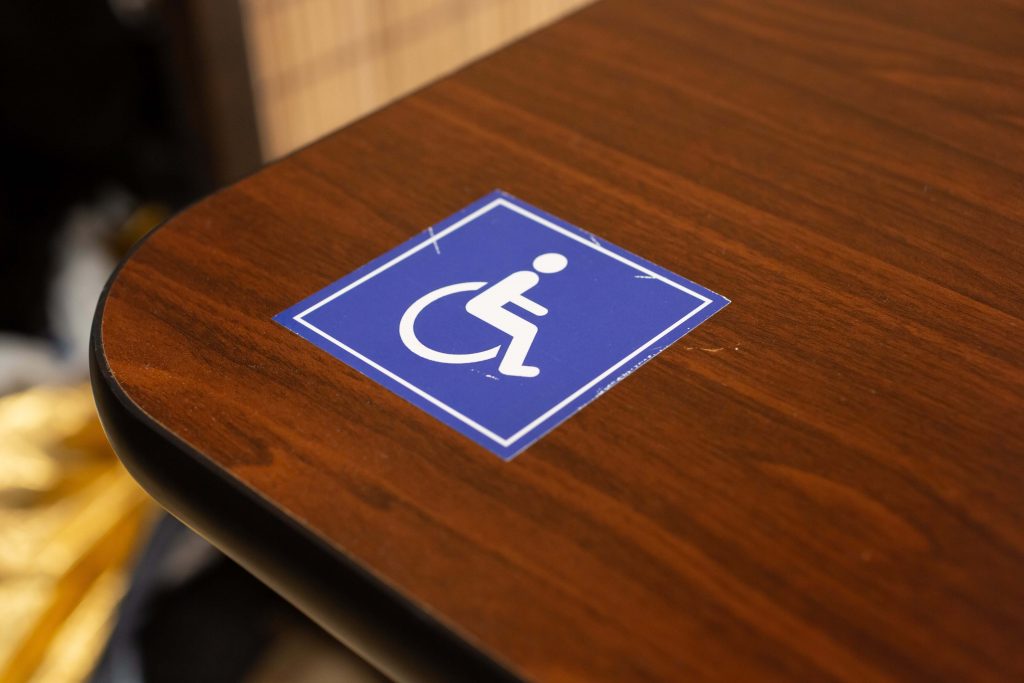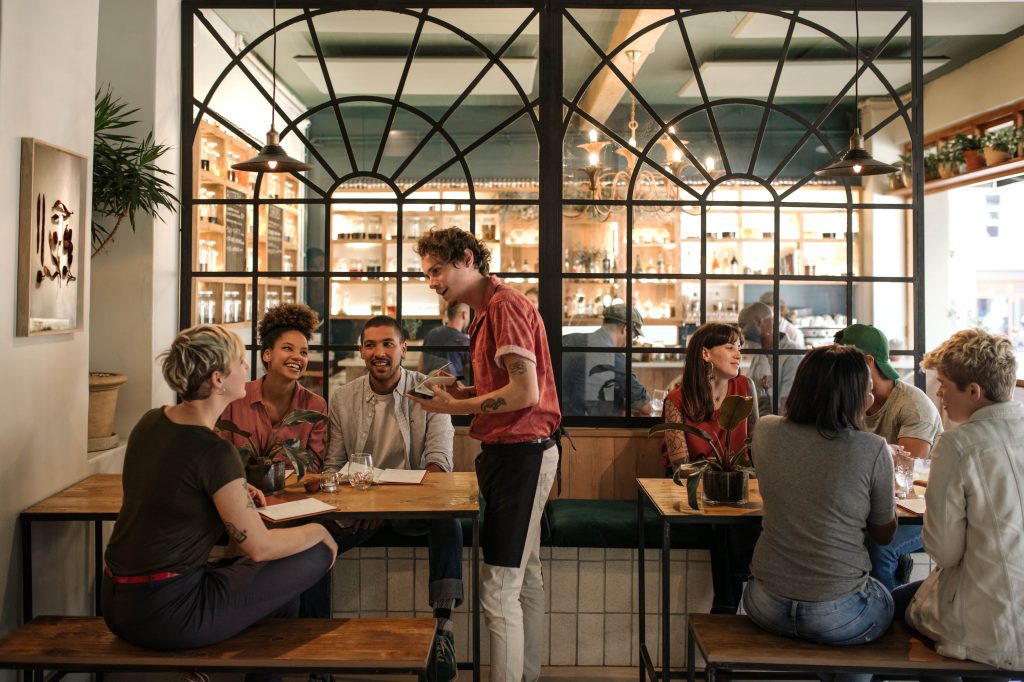Hidden disabilities in restaurants
Historically, restaurants have been a minefield for people with disabilities. All kinds of disabilities pose potential challenges to diners, from simple issues such as access and facilities for wheelchair users to more complex problems such as low light and high noise levels for people on the autism spectrum. While restaurants have come on in leaps and bounds in recent years with regards to their accessibility to people with visible or mobility-based disabilities, there has still been relatively little progress for people with invisible or cognitive disabilities. Let’s take a look at the potential pitfalls, and how diners can work to overcome them.
Lack of visibility
One of the biggest reasons behind the problems that disabled people can have when dining out is the hidden nature of their disability. Legislation and public pressure have made it so that most chains and all, but the quirkiest, smallest independent businesses have options for wheelchair access, but this is often not the case for less obvious disabilities.

Blind people and deaf people, for example, often have few options when restaurants do not have accessible menus in braille, or waiters who do not speak sign language. However, while this experience can be bad enough, at least those disabilities are better understood by the general public. If you or a loved one are autistic, it can be hard to find anywhere that is able to make their restaurant more accessible, by turning up the lights or reducing the volume of the music in order to make the experience less stressful. Unfortunately, while the UK has legislation designed to offer an equal level of service for disabled people, the rules aren’t particularly strict and allow exemptions where adaptation is impractical or too costly.
Planning ahead
Whilst most establishments will at least provide tables that are the right height for wheelchair users, and enough space to use a wheelchair inside the building, there is no guarantee of many facilities beyond this level of access. One option for disabled diners is to target chains that have country wide policies in place, so you know that they will have the same standards of access wherever you chose to eat. Casual dining restaurants like Zizzi’s, Nandos, Bella Italia and others tend to have new build premises designed to similar specifications with wider access, and no tricky stairs or mezzanine levels, so you can always be reasonably sure that you’ll have an easier time with hidden physical disabilities.
What can you do?
Outside of larger chain restaurants with nationwide policies the onus is often on the diner to make changes in order to help themselves. One of the easiest thing you can do is simply to call ahead and explain your needs when you book. Often restaurants are happy to help where they can if they are given time, so if you simply need wider access or special cutlery, this can be arranged.

If possible it can also be a good idea to invest in adapted cutlery, if you suffer from a condition such as stroke or MS, and take it with you to restaurants in case they don’t have their own. Many of these are available in travel sizes, so they can be taken with you in the car. This can include everything from sloping plates and bowls and cups with handles. Items you bring with you don’t have to be limited to things that can help you in the restaurant either. You can also bring things like ramps with you to help you over the threshold if there is no other access, though it’s a good idea to get in touch with the restaurant first before you do this.
A third good option is to familiarise yourself or the disabled diner with the menu before you arrive. This can then enable you to make your choices before you arrive and to ask any questions of the restaurant before you dine. Doing this will greatly reduce stress on diners when you’re in the restaurant and ensure that the restaurant you’ve chosen is actually suitable. This can be especially useful if the diner has autism, because it can help them get used to the idea of new food and new environments before they arrive. This also applies to other disabilities that can be mitigated with planning, such as a portable digital document scanner which can then read out what’s written on the menu for blind people.

